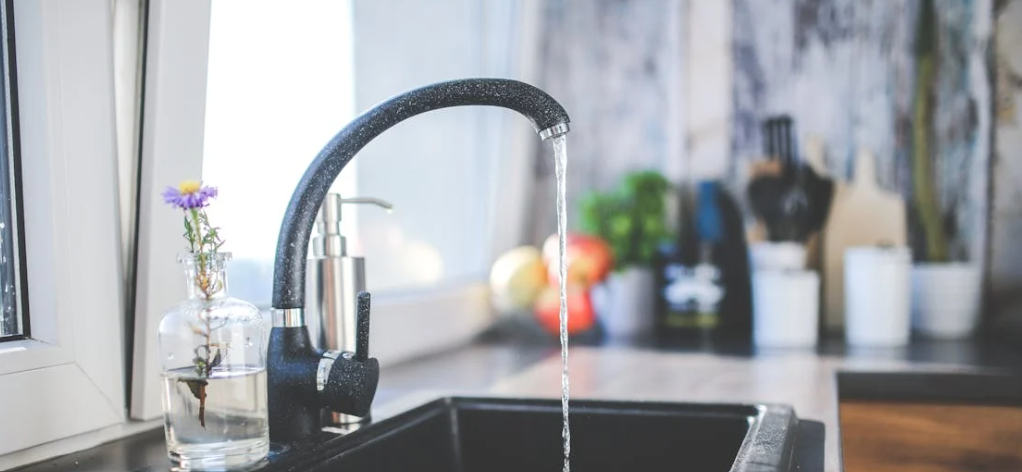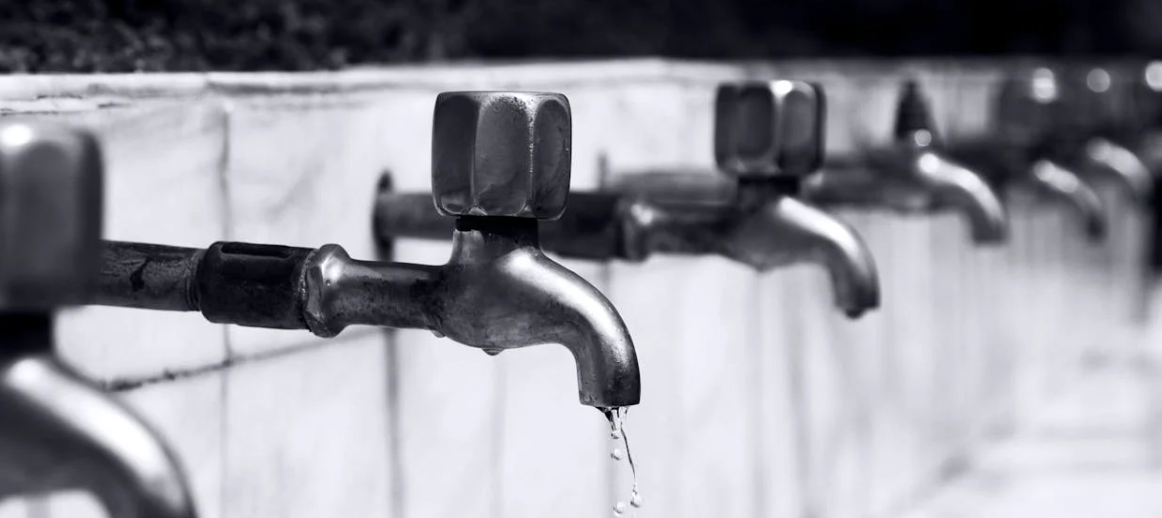
Maintaining faucets is essential not only for their aesthetic appeal but also for ensuring they function efficiently over time. Proper maintenance can significantly extend the lifespan of your faucets, saving you money on replacements and repairs in the long run. This guide outlines effective maintenance tips to keep your faucets in top condition, ensuring they serve you well for many years.
- Regular Cleaning
- Use Mild Cleaners: One of the simplest yet most effective ways to maintain your faucets is through regular cleaning. When choosing a cleaner, opt for mild products that are specifically designed for use on metal surfaces. Avoid strong acids or alkalis, as these can damage the finish of your faucet. Harsh chemicals can lead to discoloration, pitting, or corrosion, which not only diminish the faucet’s appearance but can also affect its functionality.
- – Here are some examples of mild cleaners suitable for metal surfaces:
- White Vinegar – A natural cleaner that effectively removes limescale and stains.
- Baking Soda – A gentle abrasive that can be used for cleaning and removing dirt.
- Liquid Soap – A mild cleaner suitable for everyday cleaning.
- Lemon Juice – Has natural bleaching and cleaning properties and can also eliminate odors.
- Alcohol – Can be used for disinfection and removing grease, but should be diluted.
- Clean the Faucet Surface: To keep your faucet shiny and free from grime, use a soft cloth or sponge. Microfiber cloths are particularly effective as they can trap dirt and debris without scratching the surface. For stubborn stains or buildup, a mixture of warm water and mild soap can work wonders. Simply dampen your cloth with the solution, wipe the faucet, and then rinse with clean water. Drying the faucet with a separate soft cloth afterward will help prevent water spots and streaks.
- When using these ingredients, it is recommended to mix them with water and clean with a soft cloth or sponge to protect the faucet’s surface.
- Check Seals
- Regular Inspections: The seals in your faucet play a crucial role in preventing leaks. Over time, these seals can age, crack, or become damaged due to constant use and exposure to water. Therefore, it’s essential to conduct regular inspections of your faucets. Look for signs of wear, such as discoloration or visible cracks in the seals. If you notice any issues, it’s advisable to replace them promptly to prevent leaks from developing.
- Prevent Leaks: Timely replacement of damaged seals can save you from more significant problems down the line. A small leak can turn into a larger issue if not addressed quickly, leading to water wastage and potential damage to your sink or cabinetry. When replacing seals, ensure you use the correct size and type for your specific faucet model. This attention to detail will help maintain a proper seal and prevent future leaks.
- Adjust Water Pressure
- Avoid High Water Pressure: High water pressure can be detrimental to your faucets, leading to premature wear and tear. It can cause components to loosen, leading to leaks and other issues. To ensure your faucets operate within an appropriate pressure range, consider installing a pressure regulator. This device can help maintain consistent water pressure throughout your plumbing system, protecting your faucets and other fixtures.
- Monitor Water Pressure Regularly: Regularly checking your home’s water pressure can help you identify any sudden changes that may indicate a problem. Ideal residential water pressure typically ranges between 40 to 60 psi (pounds per square inch). If you find that your water pressure exceeds this range, it may be time to consult a plumber to adjust the system accordingly.
- Prevent Limescale
- Regular Descaling: For faucets that are prone to limescale buildup, regular descaling is essential. Limescale is a hard, chalky deposit that forms when mineral-rich water evaporates. Over time, it can restrict water flow and affect the appearance of your faucet. To combat limescale, consider using vinegar or a specialized descaling agent. To descale your faucet, soak a cloth in vinegar and wrap it around the affected areas. Leave it for about 30 minutes, then wipe clean with a soft cloth. For faucets with aerators, removing and soaking them in vinegar can also help eliminate limescale buildup.
- Use Water Softening Systems: If you live in an area with hard water, consider installing a water softening system. These systems can significantly reduce the mineral content in your water, helping to prevent limescale buildup on your faucets and other plumbing fixtures.
- Mind Usage Habits
- Gentle Operation: How you operate your faucets can greatly affect their longevity. Avoid forcefully turning the faucet on and off, as this can lead to wear and tear on the internal components. Instead, use a gentle touch to control the water flow. This habit not only prolongs the life of your faucet but also helps maintain a consistent water flow.
- Educate Family Members: If you have children or other family members using the faucets, it’s essential to educate them on proper usage. Encourage gentle operation and explain the importance of maintaining the faucets. Instilling good habits in your household can go a long way in preserving the functionality of your faucets.
- Professional Inspection
- Regular Professional Checks: While regular maintenance can significantly extend the life of your faucets, there may come a time when professional assistance is necessary. If you notice any unusual issues, such as persistent leaks, strange noises, or reduced water flow, it’s advisable to seek help from a professional technician. A qualified plumber can conduct a thorough inspection, identify underlying problems, and recommend appropriate solutions.
- Schedule Routine Maintenance: Consider scheduling routine maintenance checks with a professional plumber. Regular inspections can help catch potential issues before they become major problems, ensuring your faucets continue to function efficiently. During these checks, a plumber can also provide additional tips tailored to your specific plumbing system and faucet types.
Conclusion
In conclusion, maintaining your faucets is crucial for ensuring their longevity and optimal performance. By implementing these effective maintenance tips—such as regular cleaning, checking seals, adjusting water pressure, preventing limescale buildup, minding usage habits, and seeking professional inspections—you can keep your faucets in excellent condition. Not only will this save you money on repairs and replacements, but it will also enhance the overall functionality and appearance of your home’s plumbing fixtures. Regular attention to your faucets will pay off in the long run, providing you with peace of mind and a reliable water source.
These maintenance methods not only extend the lifespan of your faucets but also help maintain the hygiene of household water.



